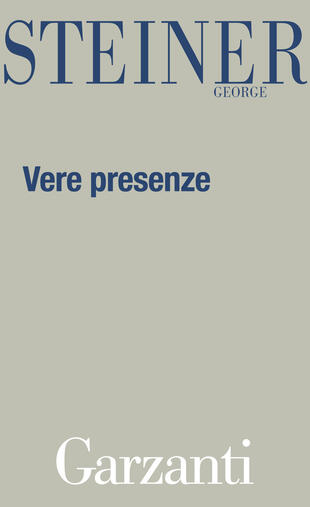

Sinossi
«Agli studenti bisogna dire di non leggere le critiche, ma di leggere i testi. Tutto il mio libro è un grido d’orrore per ciò che accade nel mondo universitario. I miei studenti a Cambridge hanno un esame in cui discutono l’opinione di T.S. Eliot su Dante senza dover leggere Dante, un solo verso di Dante. (...) Quello che ci vuole è un’interpretazione dinamica, un’interpretazione che sia azione e non passività. Leggere la critica, leggere i testi “secondari”, significa essere passivi, come davanti alla televisione; significa rinunciare alla responsabilità dell’azione. Al centro della mia posizione c’è una cosa estremamente semplice e chiara. È un sonetto di Rilke, quello al torso antico di Apollo, in cui lui dice che “Cambia la tua vita”. Una lettura seria e profonda cambia la mia vita: è un incontro con una apparizione imprevista, come un incontro all’angolo della strada con l’amante, con l’amico, con il nemico mortale.» (George Steiner, da un’intervista apparsa su «Linea d’ombra»)
- ISBN: 8811140722
- Casa Editrice: Garzanti
- Pagine: 232
- Data di uscita: 27-11-2014

